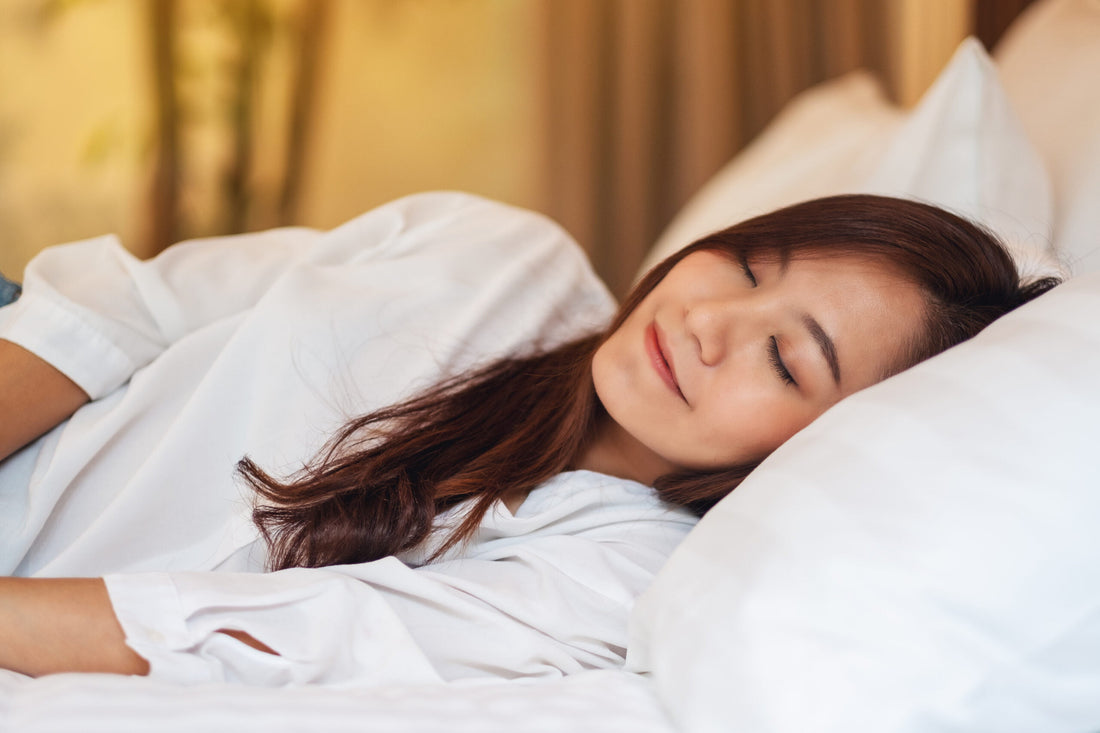
The Connection Between Sleep and Hair Health
A good night’s sleep is often touted as the key to glowing skin, better focus, and improved overall health—but did you know it also plays a crucial role in maintaining healthy hair? From promoting growth to preventing hair loss, the relationship between sleep and hair health is deeper than you might think. Let’s explore how sleep impacts your hair and how to optimize it for luscious locks.
How Sleep Impacts Hair Health
Sleep is the body’s natural time for repair and rejuvenation. During sleep:
- Cellular Repair: Hair follicles undergo repair and regeneration.
- Hormonal Balance: Key hormones like melatonin and growth hormone support hair growth.
- Nutrient Distribution: Blood circulation improves, delivering nutrients to the scalp.
Without adequate rest, this process becomes disrupted, affecting hair quality and growth.
The Hair Growth Cycle
The hair growth cycle has three phases:
- Anagen (Growth Phase): Active hair growth, dependent on healthy cells and hormones.
- Catagen (Transition Phase): Hair stops growing but remains anchored in the follicle.
- Telogen (Resting Phase): Hair sheds naturally, making room for new growth.
Poor sleep can shorten the anagen phase, leading to slower growth and increased shedding.
Effects of Sleep Deprivation on Hair
When the body doesn’t get enough rest, it shows in your hair:
- Hair Loss: Stress hormones like cortisol rise, causing telogen effluvium (excessive hair shedding).
- Slower Growth: Reduced cellular activity affects the production of new hair strands.
- Dullness and Breakage: Poor blood flow results in dry, fragile hair.
- Scalp Issues: Lack of sleep weakens the scalp barrier, leading to dandruff and irritation.
The Role of Hormones During Sleep
Hormones produced during sleep play a pivotal role in hair health.
- Melatonin: Regulates sleep and stimulates hair follicles.
- Growth Hormone: Boosts tissue repair, essential for hair regrowth.
- Cortisol: High levels due to poor sleep contribute to hair thinning.
Stress, Sleep, and Hair Loss
Stress creates a harmful feedback loop:
- Stress reduces sleep quality.
- Poor sleep elevates cortisol levels.
- Elevated cortisol triggers hair thinning and telogen effluvium.
Breaking this cycle is crucial for restoring both sleep and hair health.
Scalp Health and Sleep
Your scalp mirrors your overall well-being:
- Poor sleep increases inflammation, making the scalp prone to conditions like dandruff or psoriasis.
- Weak circulation reduces oxygen supply to hair follicles, affecting growth.
Nutritional Absorption During Sleep
Sleep aids the body in absorbing nutrients critical for hair health, such as:
- Iron: Essential for oxygen transport to hair follicles.
- Biotin and Zinc: Support hair structure and growth.
- Omega-3 Fatty Acids: Reduce inflammation and nourish the scalp.
How Poor Sleep Affects Hair Treatments
Even the best hair care treatments fail without quality sleep.
- Reduced Efficacy: The body cannot fully utilize the nutrients and serums applied to the hair.
- Increased Sensitivity: A fatigued scalp may react negatively to products.
Tips for Improving Sleep for Better Hair Health
- Stick to a Schedule: Go to bed and wake up at the same time daily.
- Create a Relaxing Routine: Read, meditate, or take a warm bath before bed.
- Limit Screen Time: Avoid blue light exposure from devices an hour before sleep.
- Optimize Your Sleep Environment: Keep your bedroom cool, dark, and quiet.
Pillowcase and Bedding Material
Switch to silk or satin pillowcases for:
- Reduced Friction: Prevents breakage and frizz.
- Moisture Retention: Unlike cotton, these materials don’t absorb natural hair oils.
Nighttime Hair Care Routine
Protect your hair overnight with these steps:
- Protective Styles: Loose braids or buns reduce tangling.
- Apply Hair Oils: Use argan or coconut oil to keep hair hydrated.
- Wear a Silk Bonnet: Provides extra protection against friction.
Foods That Support Sleep and Hair Health
Incorporate these into your diet:
- Magnesium-Rich Foods: Almonds, spinach, and bananas for better sleep.
- Zinc and Biotin: Eggs, nuts, and seeds for stronger hair.
- Omega-3 Fatty Acids: Found in fish and walnuts to nourish hair and scalp.
Scientific Studies Linking Sleep and Hair Health
Studies reveal that chronic sleep deprivation leads to:
- Reduced anagen (growth) phase duration.
- Increased telogen effluvium (shedding phase).
- Poor scalp condition due to inflammation and stress.
FAQs About Sleep and Hair Health
Q1. How many hours of sleep are ideal for healthy hair?
A: Aim for 7–8 hours of quality sleep per night for optimal hair health.
Q2. Can lack of sleep cause permanent hair loss?
A: Prolonged sleep deprivation can trigger chronic hair loss if left unaddressed.
Q3. How does sleep impact hair growth?
A: Sleep supports cellular repair and nutrient absorption, both critical for hair growth.
Q4. Can silk pillowcases improve hair health?
A: Yes, they reduce friction and prevent hair breakage.
Q5. What foods promote both sleep and hair health?
A: Foods rich in magnesium, biotin, and omega-3 fatty acids, such as nuts, fish, and leafy greens.
Q6. Does stress-related hair loss improve with better sleep?
A: Yes, improving sleep reduces cortisol levels, helping hair regrow over time.
Conclusion
Sleep is an essential yet often overlooked factor in maintaining healthy, vibrant hair. From promoting growth to preventing damage, quality rest supports every aspect of hair health. By prioritizing sleep and adopting a hair-friendly nighttime routine, you can achieve stronger, shinier, and more resilient hair.
